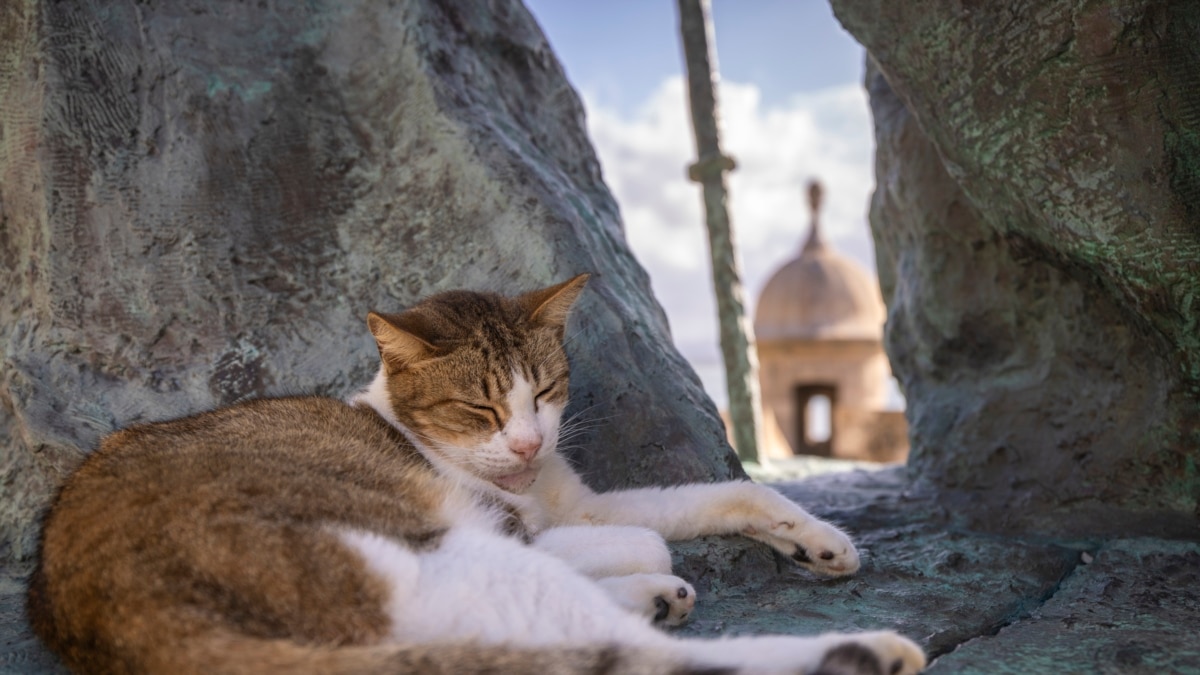
Related media – Latest news
The U.S. government recently postponed its move to relocate feral cats from a historic site in Puerto Rico, following public concerns and animal welfare debates. This decision allows more time to explore alternative solutions that are humane and consider the cultural significance of these animals within the local community.
The cats, which have become a familiar sight in the historic district of Puerto Rico’s capital, were initially intended to be removed in an effort to preserve the integrity of the historic site. However, the plan sparked a public outcry from animal rights activists and local residents who see the cats as part of the area’s charm and history.
In response to the backlash, federal officials are now reevaluating their approach. They are considering partnering with local animal welfare organizations to implement a catch-neuter-release (TNR) program, which could control the cat population without relocating them. This method is widely considered a more humane and effective solution for managing feral cat colonies in urban environments.
Local government officials have been invited to participate in discussions to ensure any action plan is in line with community values and the historical significance of the site. These discussions aim to balance heritage conservation with animal welfare, while addressing local concerns.
This pause in the relocation plan highlights the importance of community input into public policy decisions, particularly those involving environmental and animal welfare issues. It also highlights the growing trend toward humane treatment of animals in urban planning and the conservation of cultural heritage sites.
As the situation evolves, authorities continue to seek input from environmental specialists, historians, and the public to develop a path forward that respects both the historical value of the site and the well-being of the feline population.
News of interest – Featured Contributors